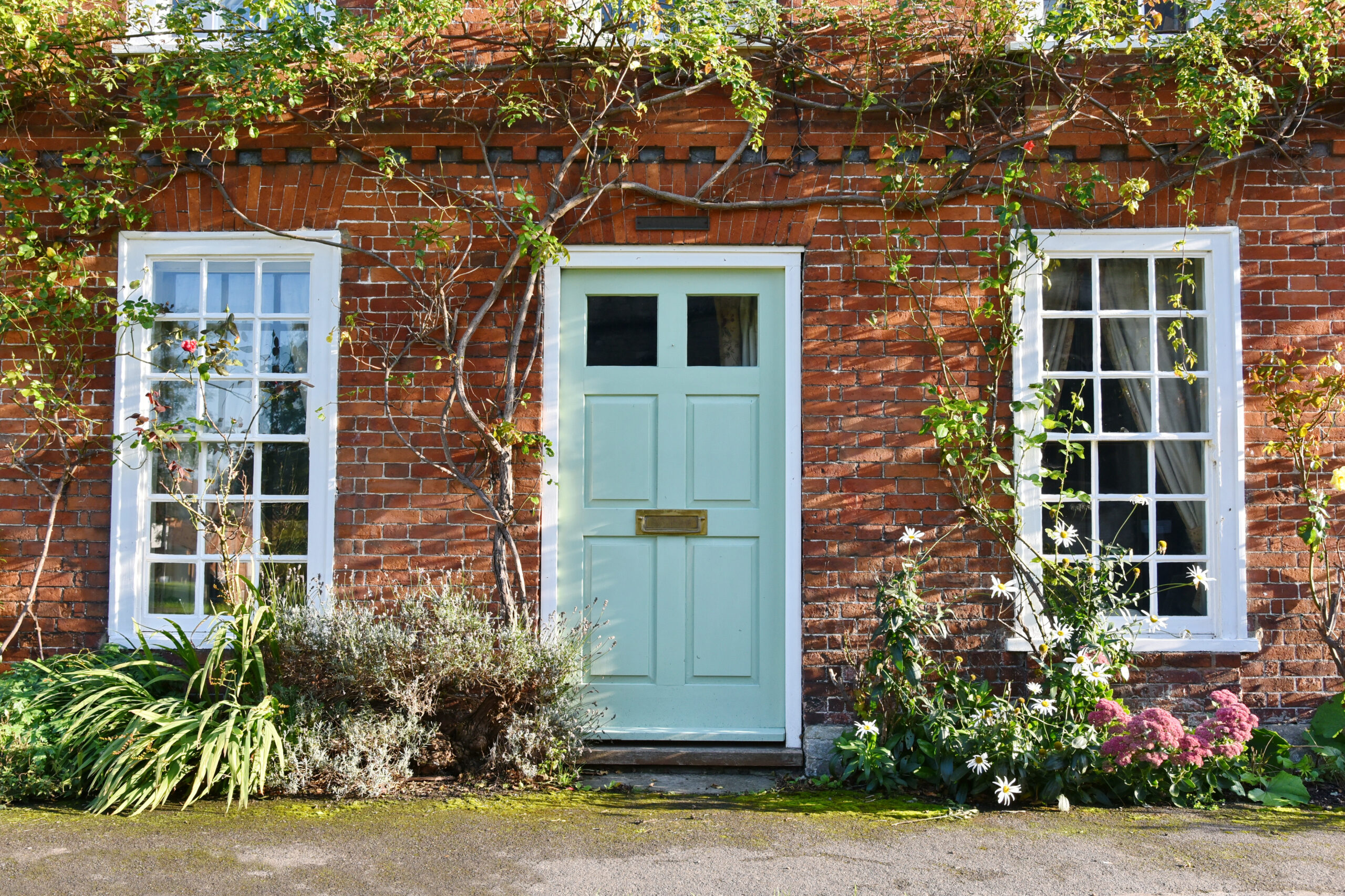RICS Home Surveys are property health checks that assess a property’s condition and structure. The best way for you to reach an informed decision on such an important investment as a home. Understanding which RICS home survey you need for your home varies based on your property type. If you are unsure, our expert property surveyors will recommend the most suitable option for you when you get in touch. In the meantime take a look at our video and our guide below.
RICS Home Survey Level 2
This survey covers the main issues pertinent to the majority of conventional housing in the UK. A Level 2 survey should be ample for the large majority of homes built during the last 80 years.
RICS Home Survey Level 3
Appropriate for more complex, larger or older properties, listed buildings and those in need of structural repair. We will advise you to obtain a Level 3 survey if you are either buying a house pre-1850, it is very substantial or the structural integrity of the building may be in doubt.
RICS Home Survey Level 3 Bespoke
Our bespoke report is designed for homes which are 100+ years old, Grade II listed houses, timber framed or houses with thatched roofs. Bespoke reports feature additional advice regarding repair and maintenance.

What our clients say
The survey undertaken by Jonathan revealed structural issues with boundary and retaining walls. After further investigations and obtaining quotes for the work, we negotiated a purchase price reduction of £40,000.
Mrs M – Shropshire
Many thanks for completing and sending the survey so promptly. I am really impressed with the quality and comprehensive content.
Mr W – Herefordshire
Surveys & Valuations

Expert advice to help you buy with confidence
Get in contact for a quote or if you have any questions.
Speak To Our Team
